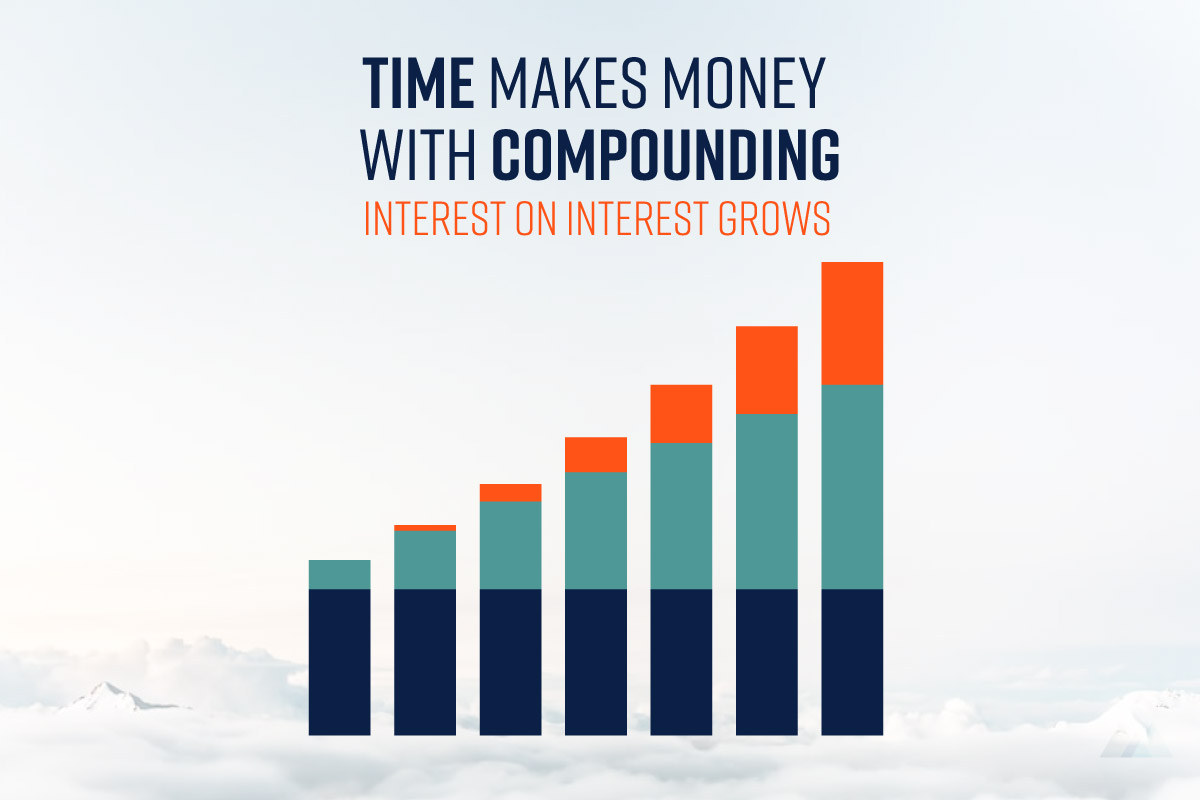
Compounding Gets Stronger Over Time
Financially successful individuals often say compound interest has ‘extraordinary power’ in the long-run. The term compound interest is simply reinvesting the interest earned back into the initial investment, thereby adding to the total principal sum invested. With compound interest, investment grows exponentially rather than linearly.
Compound interest is one of the key concepts to growing wealth and a longer timeline allows the money to build further. This is why investing money early will increase your chances of becoming a successful investor.
Sarah and Emily are both 65. They invested the same 100K over 20 years with the same 7% return. The only difference is the start time. Sarah started investing between 25 and 45, and simply did not touch the money until age 65 while Emily started investing between 45 and 65.
Check How Often Compounding Occurs
The more compounding that occurs, the more return you can receive. Check if your compounding happens yearly, monthly, or daily.
Consider a financial product with an annual rate of return of 12% and you invest $1,000.
- If compounded 12% annually, your total investment will be $1,120.0 (= $1,000 x (1+0.12)1)
- If compounded 1% monthly, your total investment in one year will be $1,126.8
(= $1,000 x (1+0.01)12)
*While most savings interest is compounded monthly, a lot of credit cards’ interest is compounded daily. Most people pay more interest than what APR (Annual Percentage Rate) shows because of the way it is compounded.

Time's up
